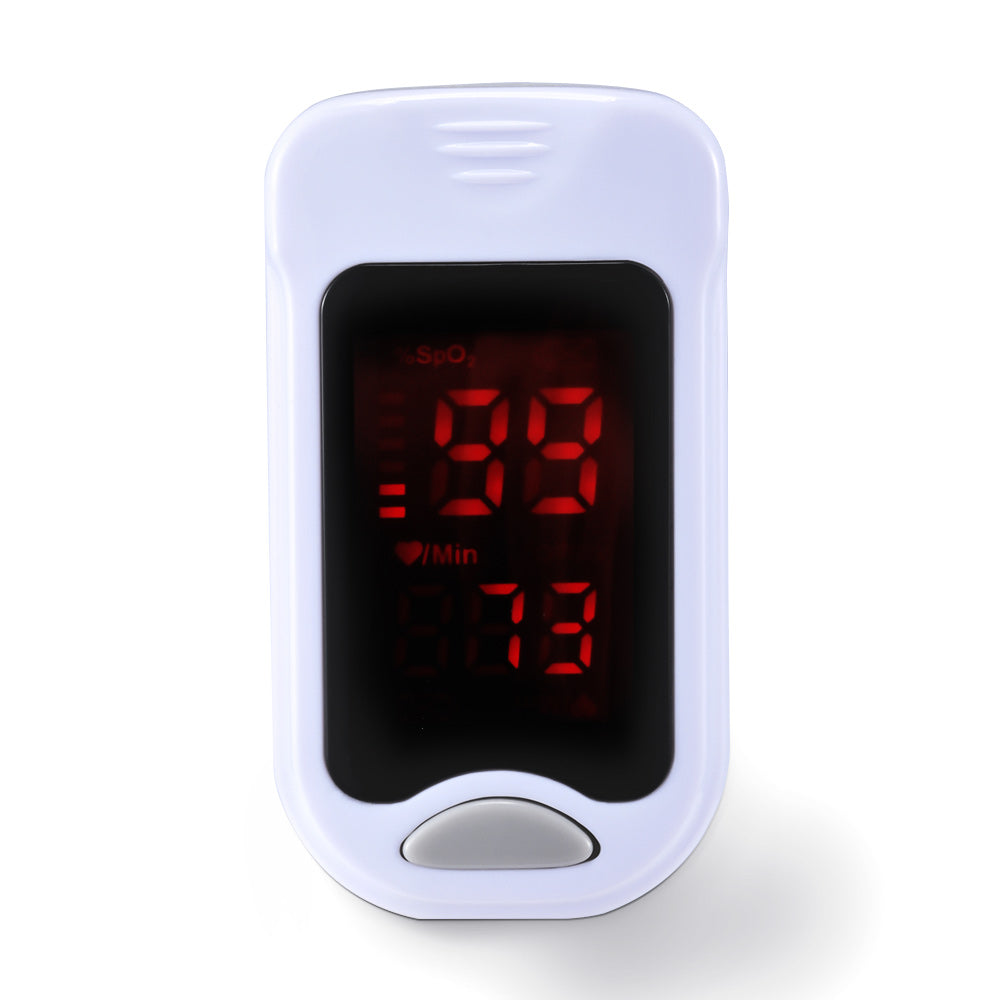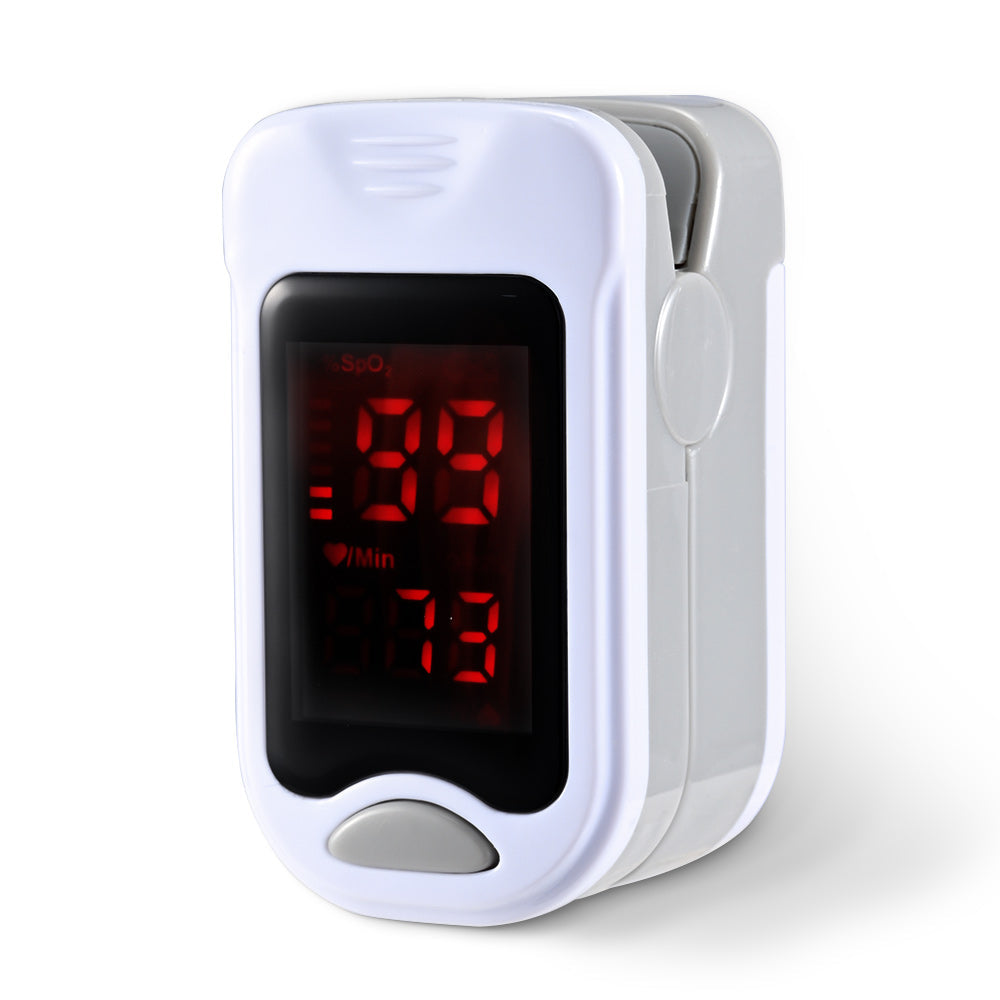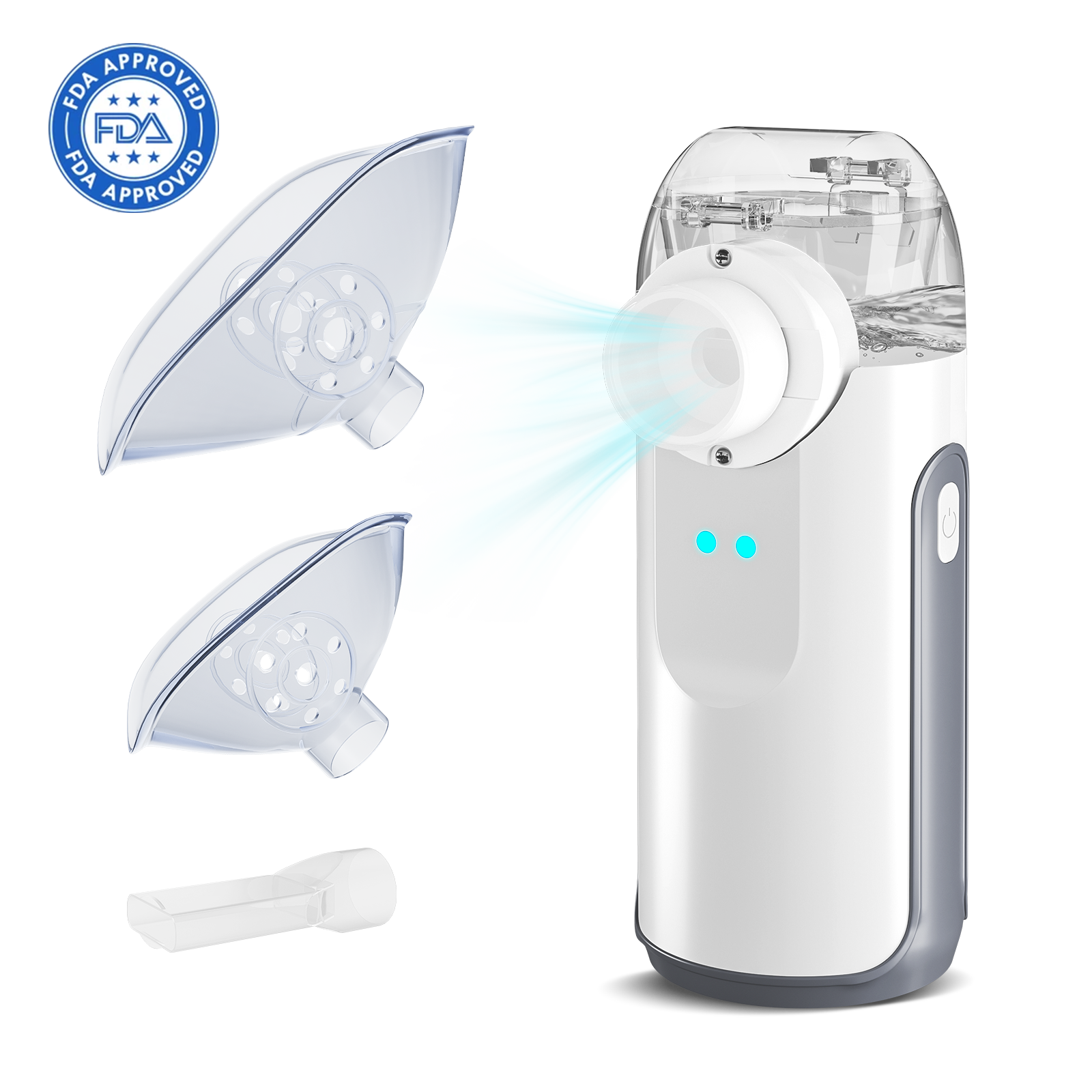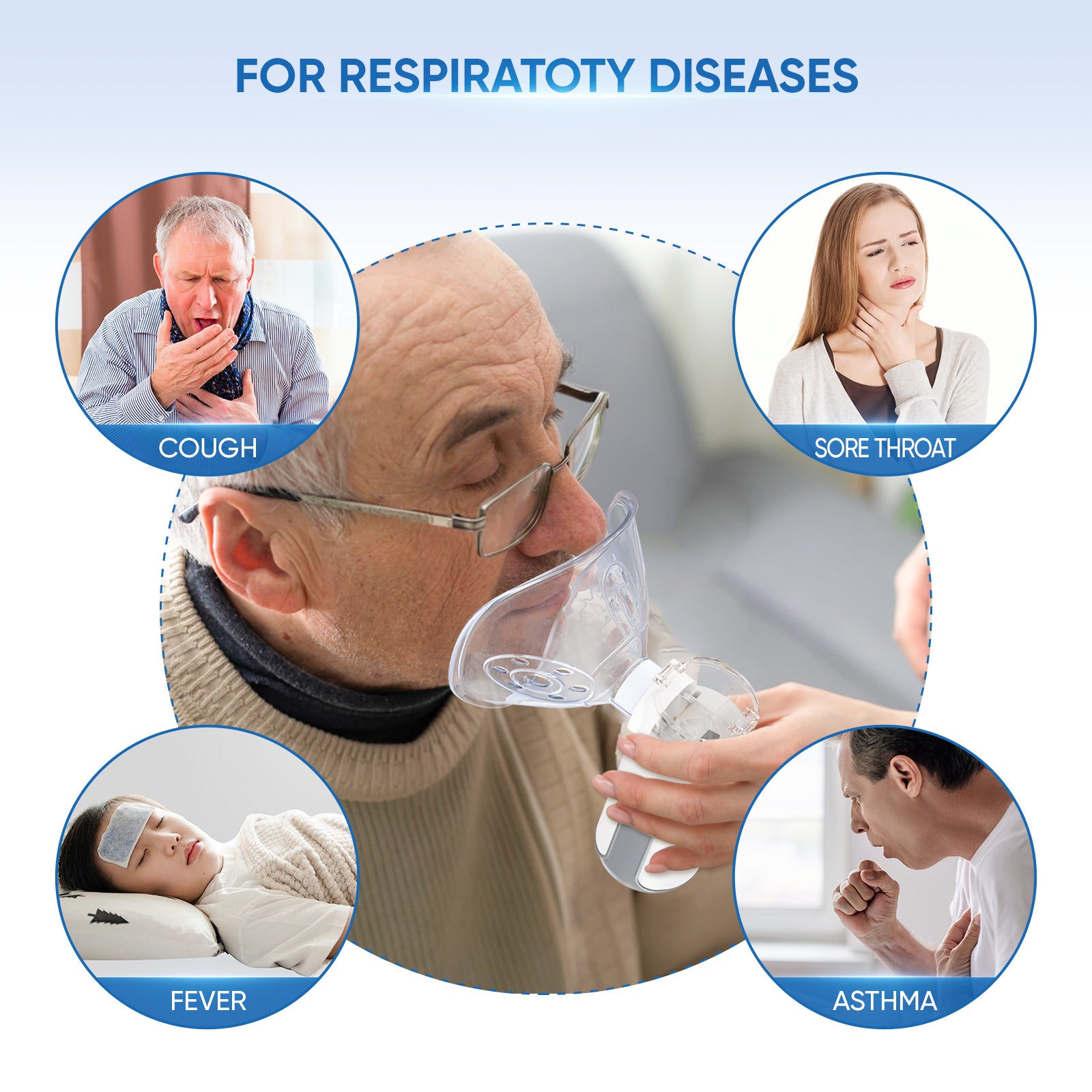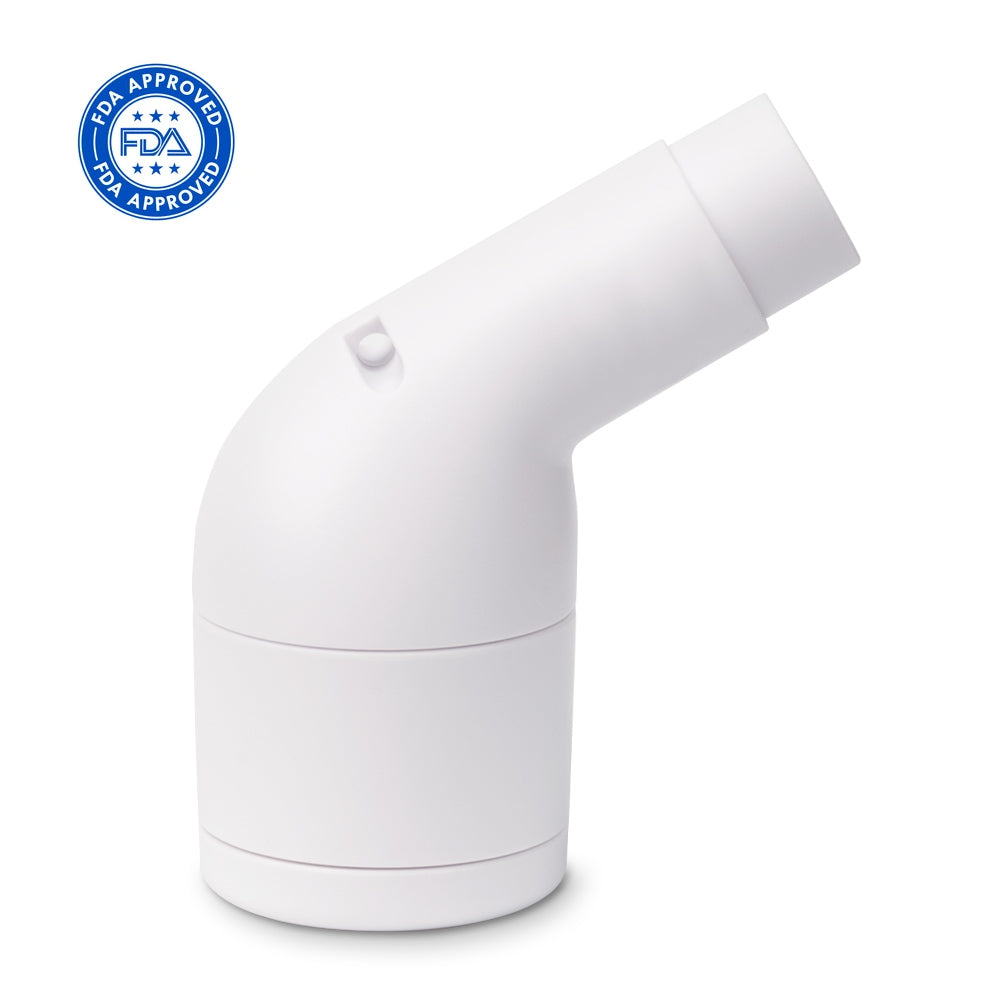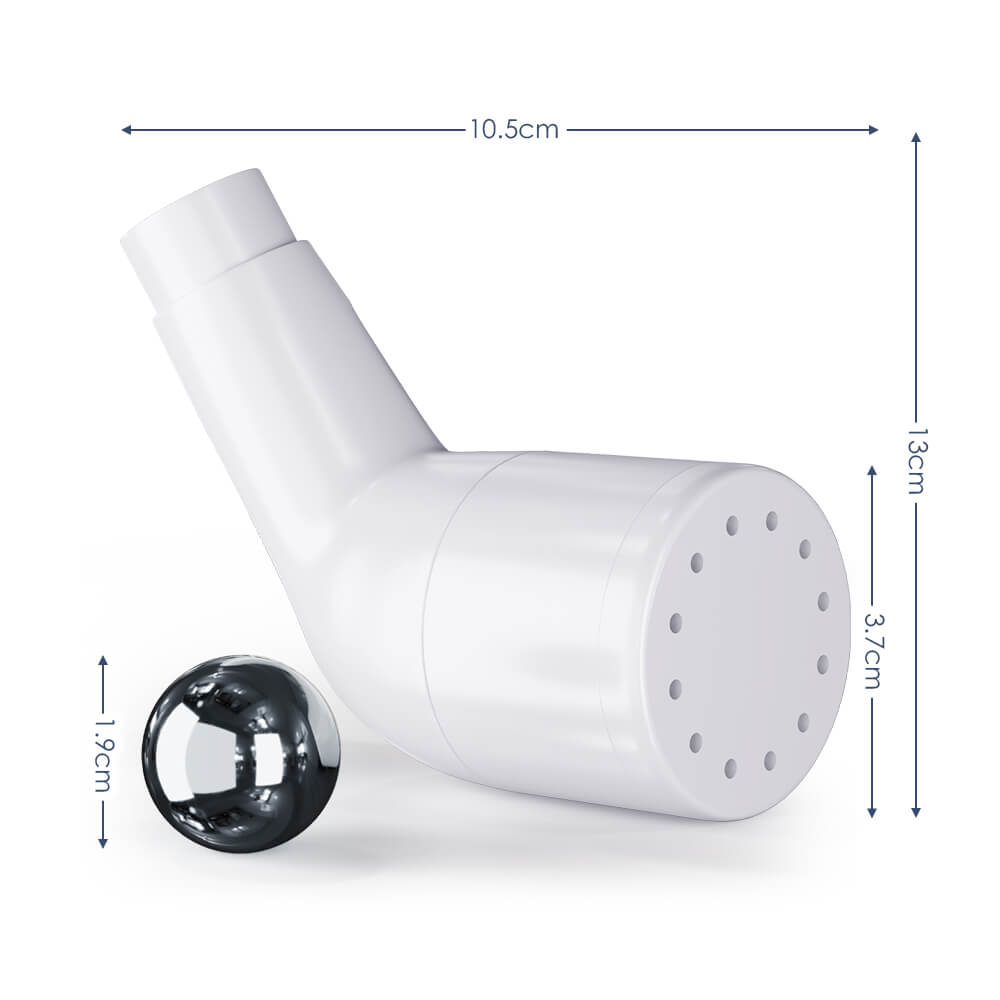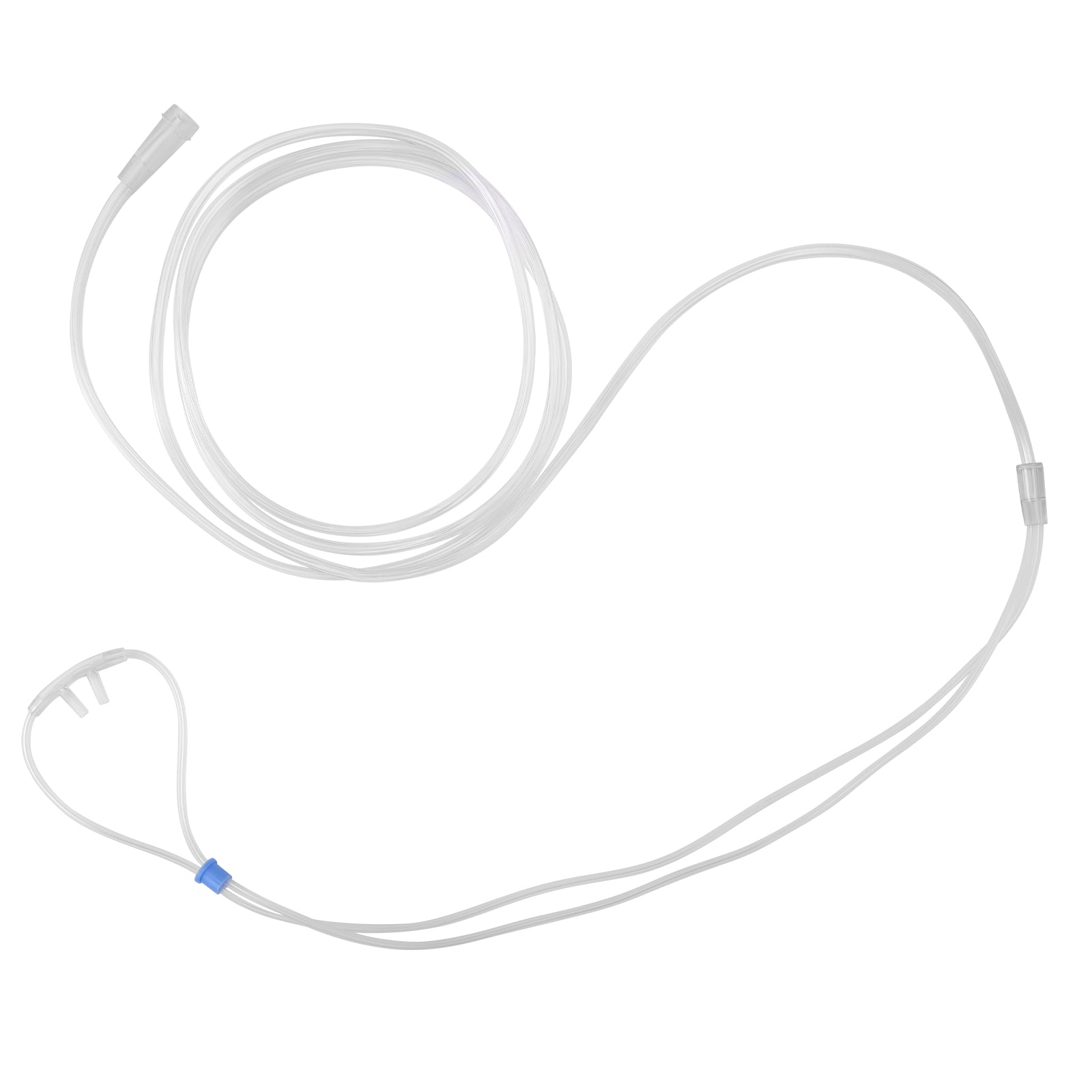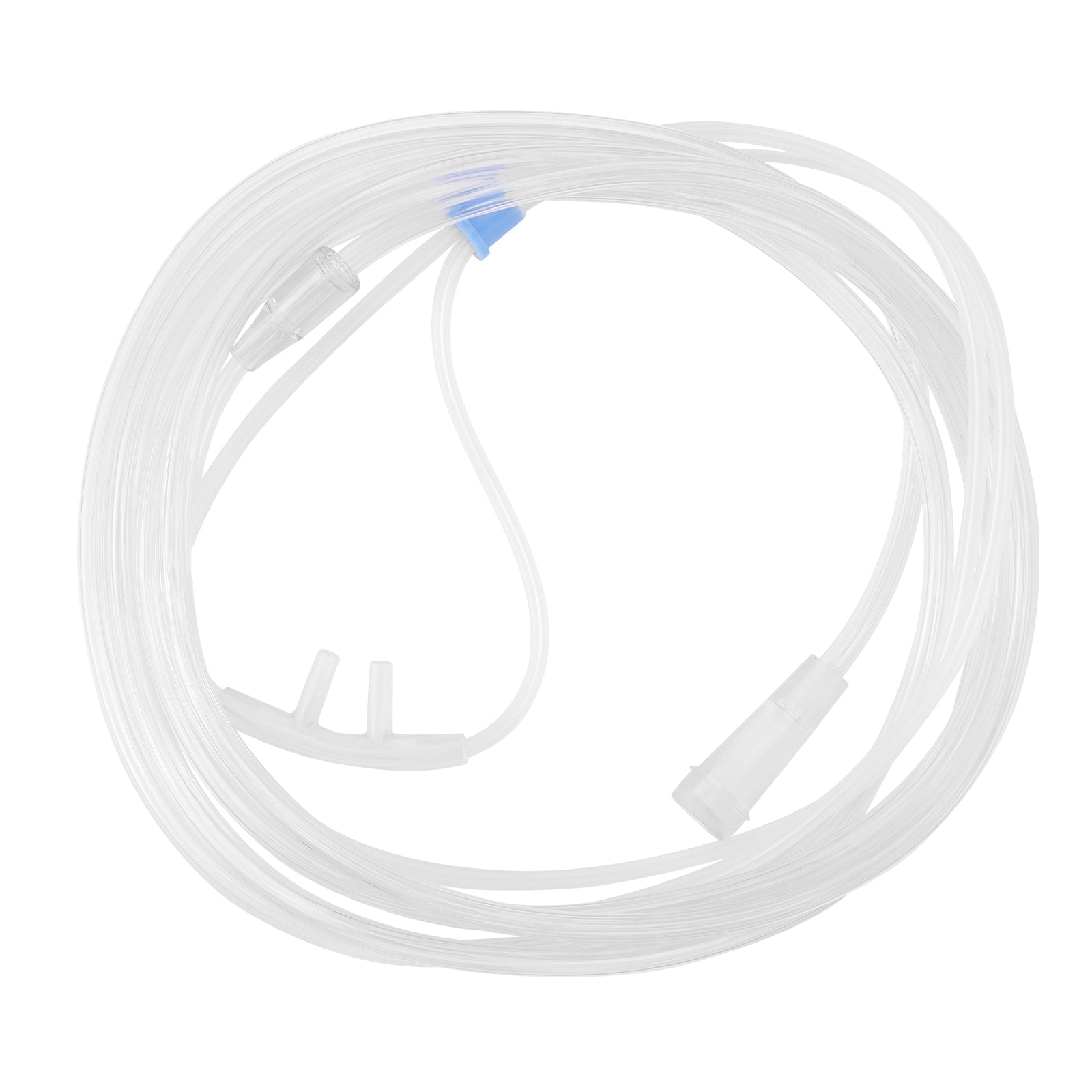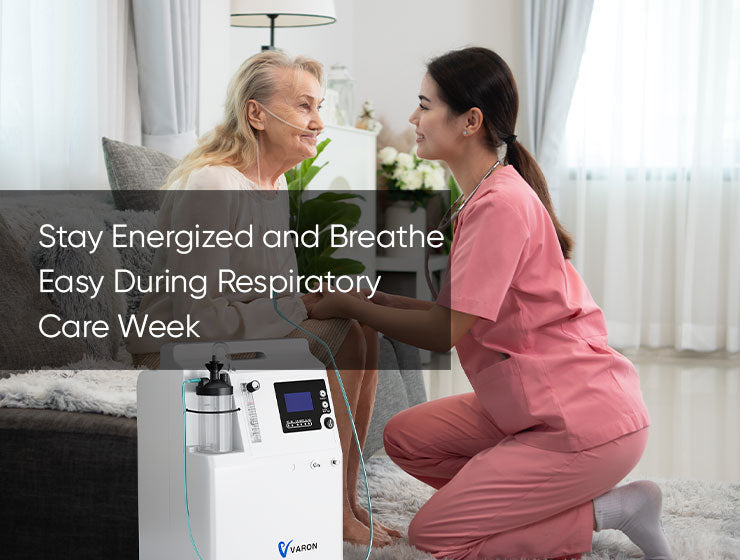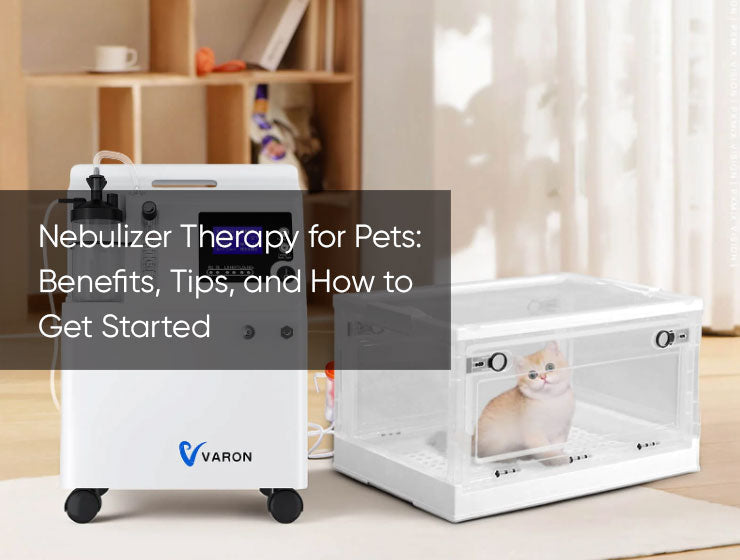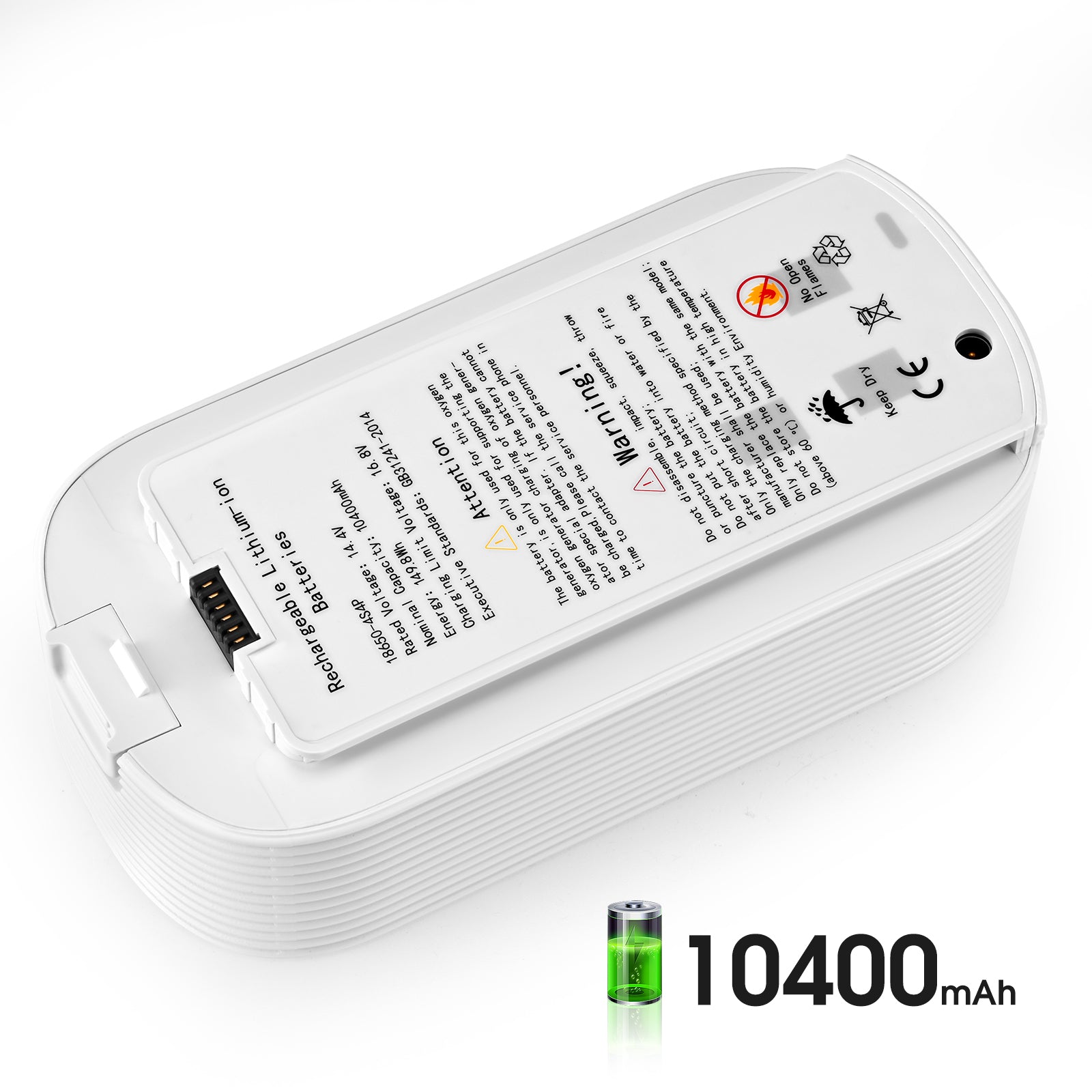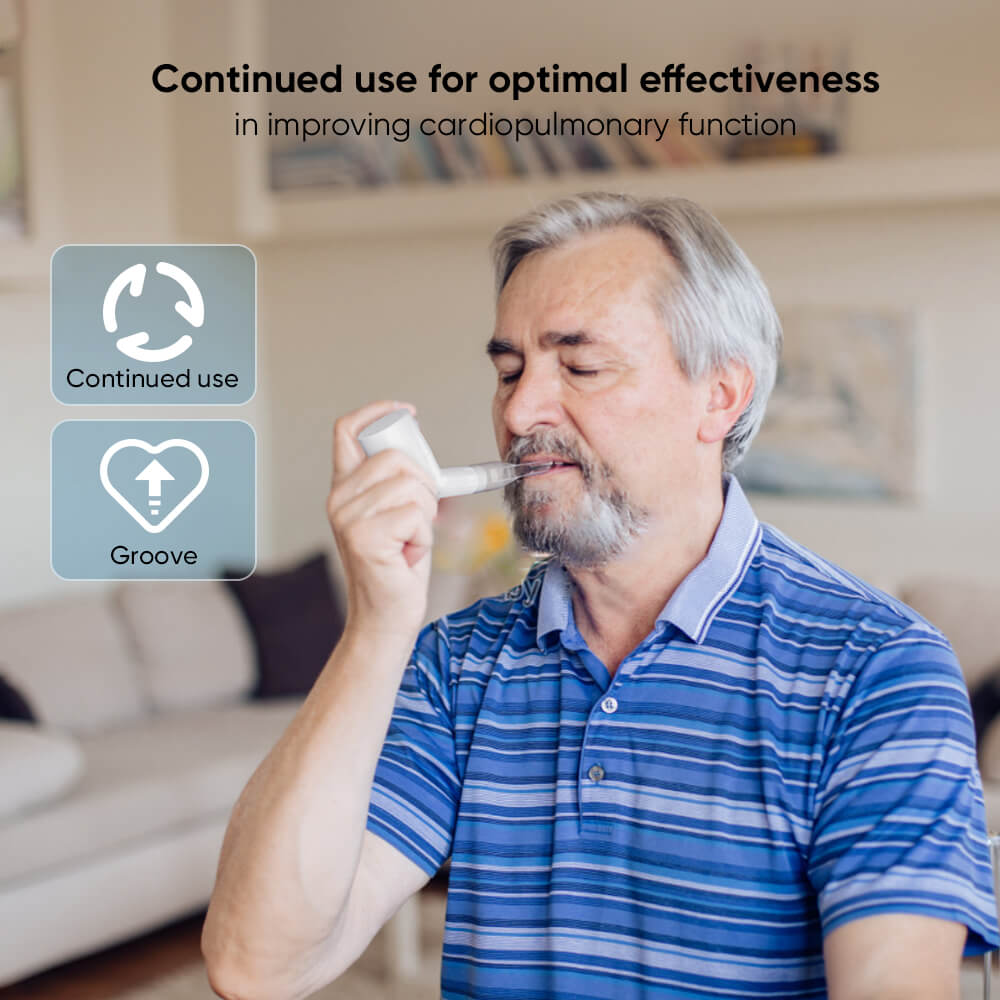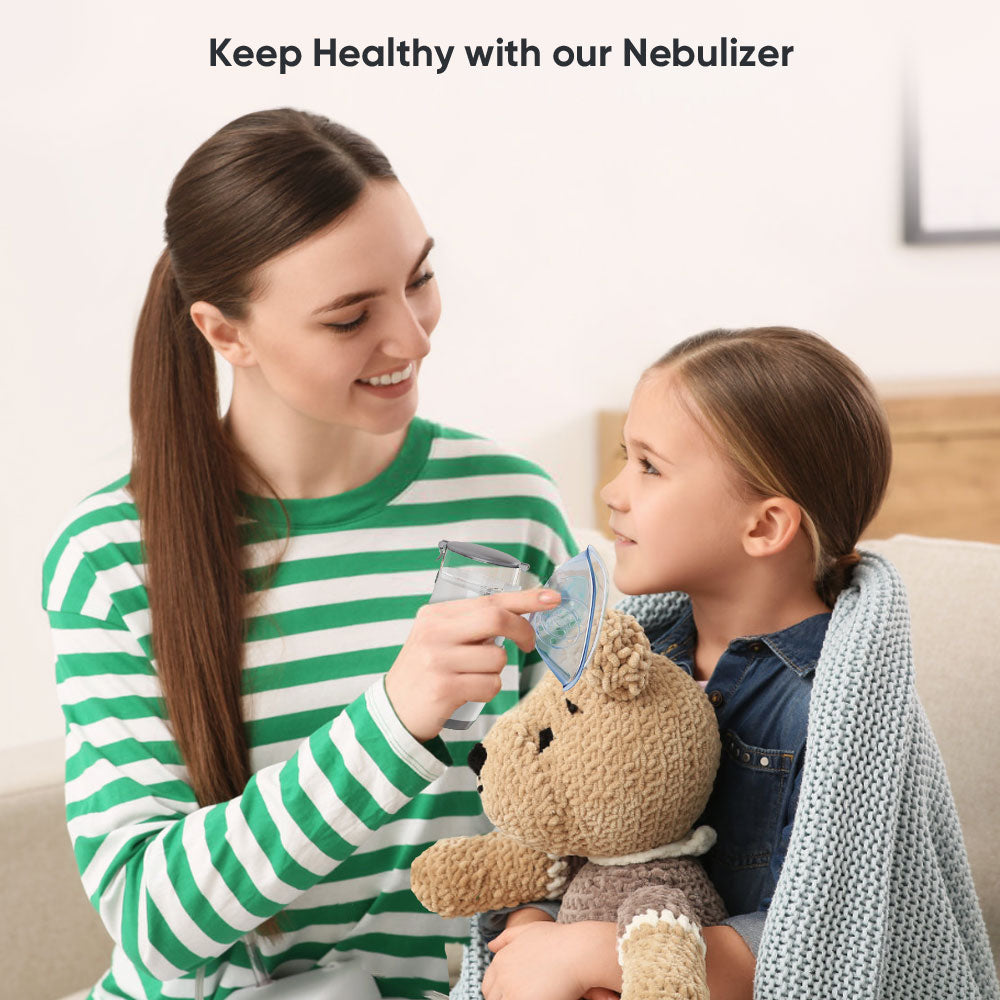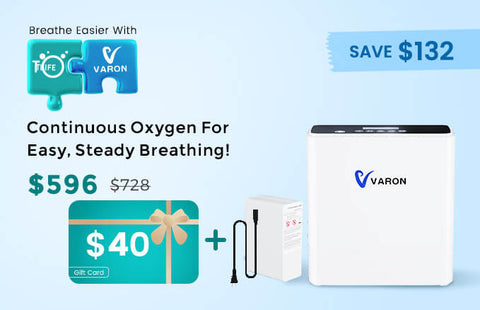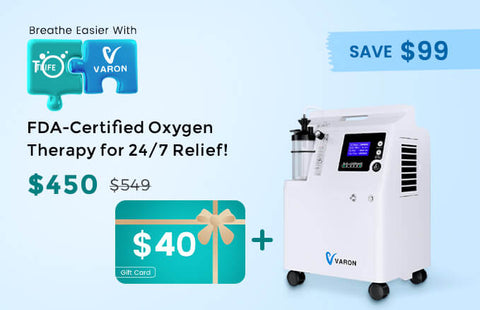“What types of COPD complications could I see as the disease progresses?”
If you have been diagnosed with chronic obstructive pulmonary disease (COPD), you might be wondering how it could affect your life in the future.
It is essential to understand how COPD progresses and what types of challenges you might face. This knowledge will empower you to work with your doctor and develop a comprehensive treatment plan to avoid or prevent complications over time.
Below, you will find 9 of the most common COPD complications:
1. COPD Flare-Ups
As COPD progresses, you may become more susceptible to lung infections and experience more flare-ups. According to one study, about half of all COPD exacerbations are caused by bacterial and viral infections[1]. There is a link between the common cold and increased COPD symptoms, so you should take extra precaution during peak cold and flu seasons.
The best way to avoid getting sick is to wash your hands regularly.
2. Decreased Energy for Activities of Daily Living
As the disease progresses, you may have to work harder to breathe. This extra effort may lead to overworking your breathing muscles and decreasing your overall energy stores.
To help preserve your energy, consider rearranging your living space to accommodate your energy level. Doing so will make your home safer and help minimize fatigue.
3. Poor Oxygenation
At the end stages of COPD, your lungs might become less able to absorb oxygen from the air and get it into your bloodstream. Eventually, it may become necessary to use supplemental oxygen with a portable oxygen concentrator or an oxygen tank to keep the oxygen level in your body regular.
The best way to monitor your oxygen level on a daily basis is to purchase a portable oxygen saturation probe also known as a pulse oximeter. This medical device is similar to the one medical professionals use when they check your oxygen levels in the clinic.
4. Recurrent Lung Infections
When you get sick, your lungs may overreact, which leads to a COPD exacerbation. And when your lungs are inflamed, it becomes more difficult to clear mucus. This vicious cycle leads to inadequate mucus clearance and complicates the normal healing process.
If you have recurrent lung infections, it is best to complete the entire treatment plan created by you and your doctor and report any symptoms that are not responding to treatment.
5. Lung Collapse
With COPD, your lungs may eventually trap air and become unable to exhale all the air in your chest fully. When this happens, the air sacs in your lungs become weaker and more likely to rupture. If a rupture occurs, air slowly leaks out of the lung until the lungs eventually collapse.
If you have COPD, remember that exhaling is just as important as inhaling. To exercise proper exhalation technique, purse your lips as if you were whistling, and exhale all of the air from your lungs until no more air is left. Do this exercise during an exacerbation to slow down your breathing and avoid trapping too much air in your lungs.
6. Increased Risk of Lung Cancer
It is very likely that the inflammation associated with COPD poses a higher risk for lung cancer[2]. Although having COPD does not necessarily mean you will also get lung cancer, there is a correlation between chronic inflammation and cancer development.
For this reason, it is essential to use anti-inflammatory medications as prescribed and avoid daily triggers as much as possible to keep chronic inflammation under control.
7. Concurrent Heart Problems
According to one study, having COPD increases your risk of cardiovascular disease by a factor of Cardiovascular problems like high blood pressure, right heart failure, and irregular heart rhythms are common in people with COPD.
Some of these cardiovascular issues might be medication side effects, but diet and exercise influence other issues. Eating a low-sodium diet and getting regular exercise can help stabilize your blood pressure and lower your risk for cardiovascular problems in general.
8. Problems With Your Sleep
Medications, symptoms, and triggers all have a direct effect on your ability to get sleep. People with COPD generally use bronchodilators to relax the lungs and improve breathing, but these medications also act as stimulants. Using bronchodilators regularly can disrupt your sleeping pattern and lead to inadequate sleep.
You might need to take extra steps to get a restful night of sleep such as using an eye turning off all electronics at least 1 hour before bed, or using earplugs.
9. Depression and Anxiety
At least 55% of all people with COPD have also been diagnosed with mental illness[4]. Many times, these illnesses include depression and anxiety.
It can be very depressing to know you have a chronic illness. And when you have an exacerbation, it is very normal to become afraid and feel anxious about your breathing.


